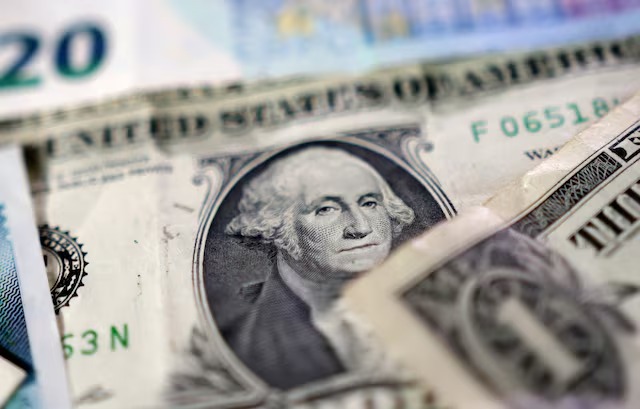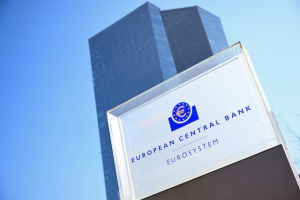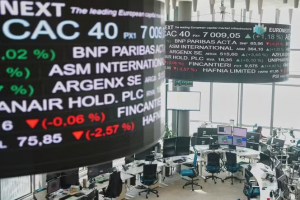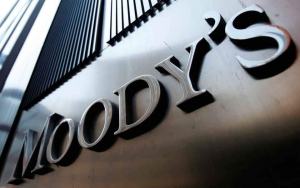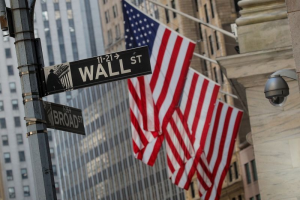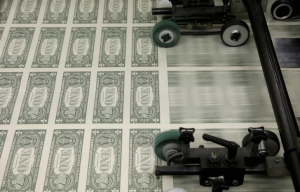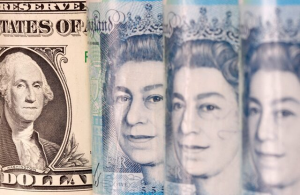The dollar slipped anew on Monday as a meteoric surge in its Taiwanese counterpart stoked speculation some Asian countries were prepared to engineer revaluations of their currencies to win U.S. trade concessions. The Taiwan dollar climbed more than 3% to 29.654 per U.S. dollar, adding to a record 4.5% jump on Friday and taking it to near three-year highs. While Taiwan's central bank has denied the White House was pressing for a rise in some Asian currencies as part of a trade deal, markets were sensing a shift anyway.
"The Taiwan dollar is appreciating at a faster pace than I've ever seen," said one senior Taiwanese financial industry executive, speaking to Reuters on condition of anonymity as they were not authorised to speak to the media. "Hot money is coming into Taiwan, and the central bank is allowing it," they added. "Many are saying that's due to pressure from the U.S. I would say that must be the case." China's yuan duly hit its highest in almost six months at 7.1879 per dollar as investors wagered Beijing might let its currency strengthen as part of Sino-U.S. trade talks, though negotiations still seemed distant. While the Chinese Commerce Ministry has indicated Beijing was evaluating an offer from Washington to hold talks over Trump's 145% tariffs, the two sides still seem far apart. In a TV interview aired on Sunday, President Donald Trump reiterated that he believed China wanted to do a deal, but offered no details or timeline. Trump did say he would not attempt to remove Federal Reserve Chair Jerome Powell, but also repeated calls for lower interest rates and called the Chair a "stiff". The Fed meets on Wednesday and is widely expected to leave rates steady following a solid March payrolls report. Markets now imply only a 37% chance of a Fed cut in June, down from 64% a month ago. Goldman Sachs and Barclays both shifted their cut calls to July from June. Yet it was notable the dollar had only got a limited lift from the jobs data and was struggling to keep the gains, with turnover in Asia thinned by holidays in Japan and China. Trump says he wants a fair trade deal with China
The euro edged up 0.4% to $1.1343 , and away from last week's low at $1.1266, while the dollar index dipped 0.2% to 99.635 . The dollar eased 0.6% to 144.03 yen , and away from Friday's top around 145.91. A deepening dive in oil prices was a boon for Japan's trade account as it imports all its fuel. A QUESTION OF TRUST The abrupt swings in U.S. policy - including the sudden imposition of tariffs on non-U.S. made movies - combined with pressure on the Fed's independence have shaken investor trust in the dollar, which was still clearly evident in positioning. Many investors are still wagering on further dollar weakness with speculative short positions rising further in the latest week, though that also leaves the market vulnerable to a squeeze on any bullish news. "We see scope for a multi-year bear market in the US dollar, as the era of US exceptionalism comes to an end and investors re-allocate capital to alternative destinations," said Sally Auld, group chief economist at NAB. I

